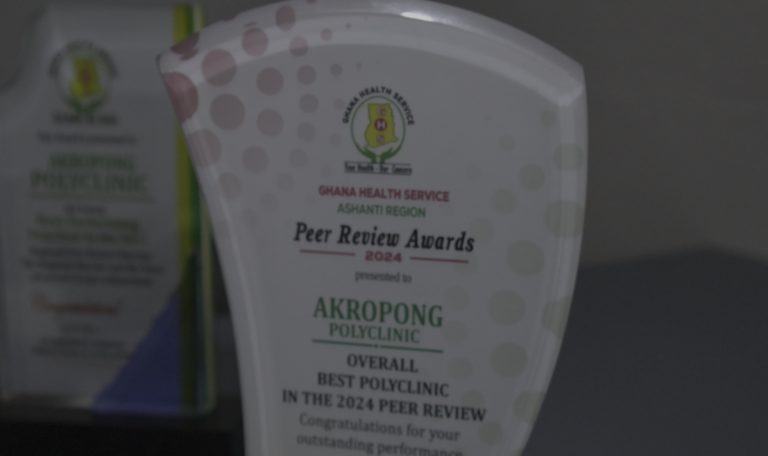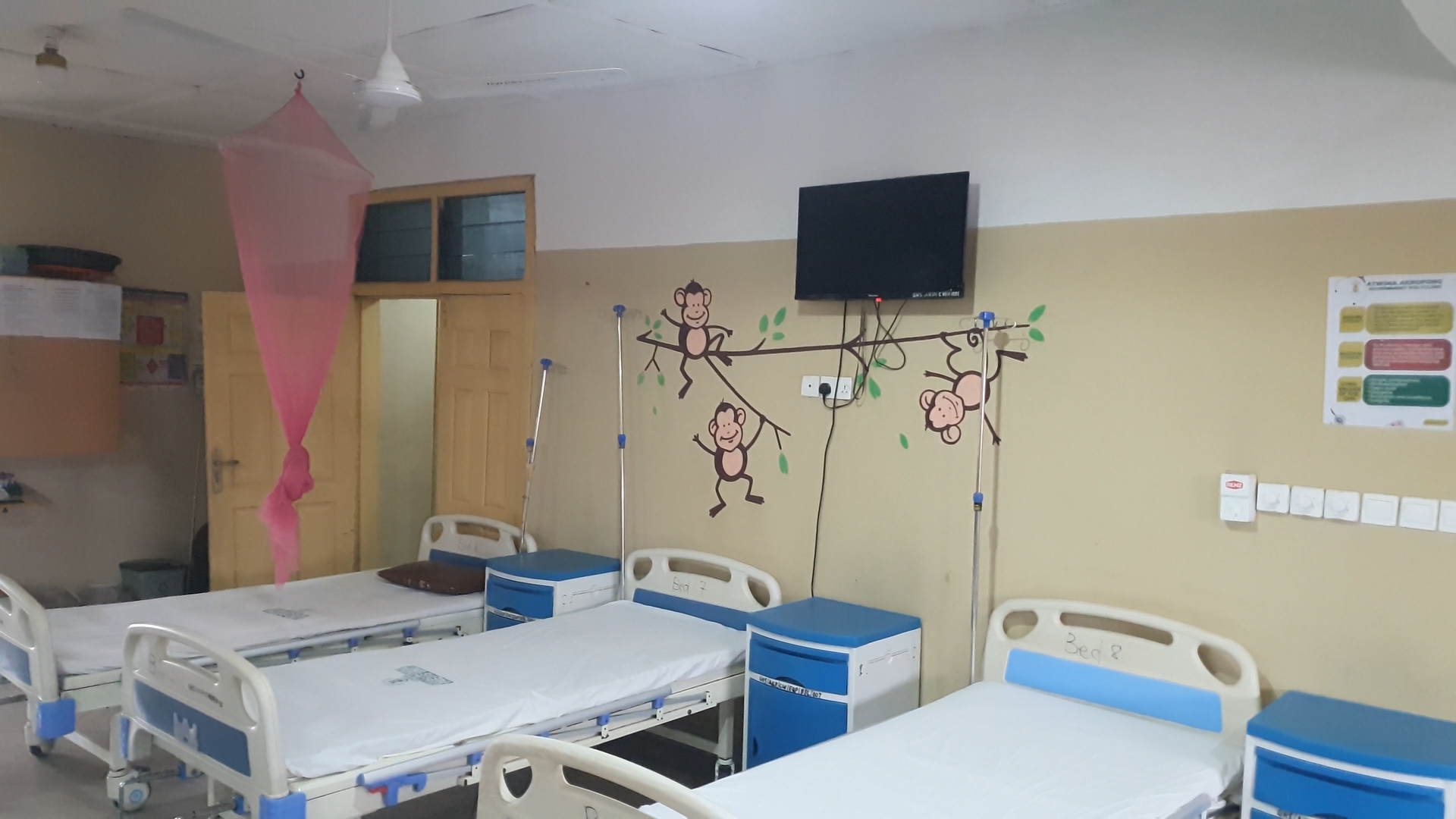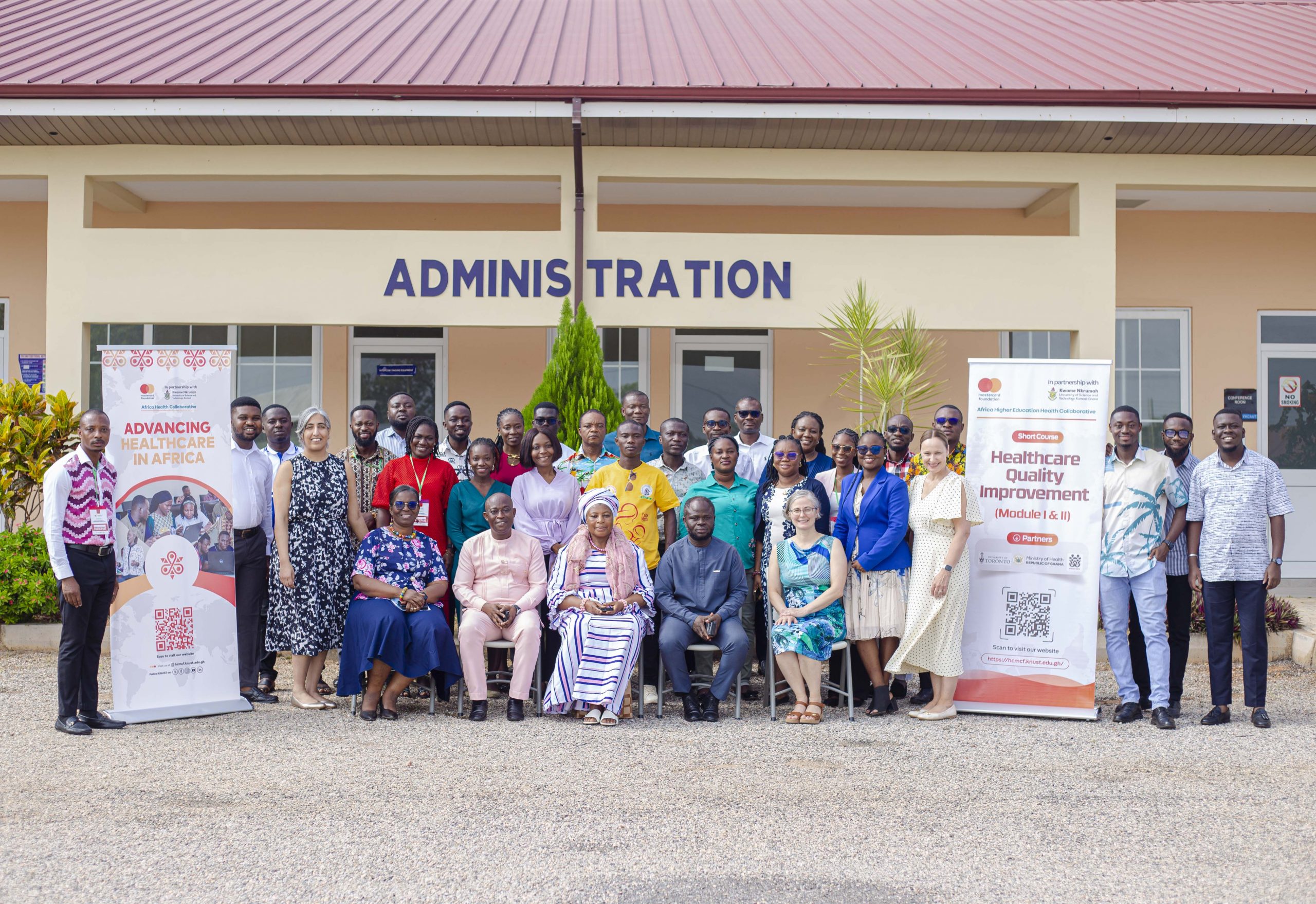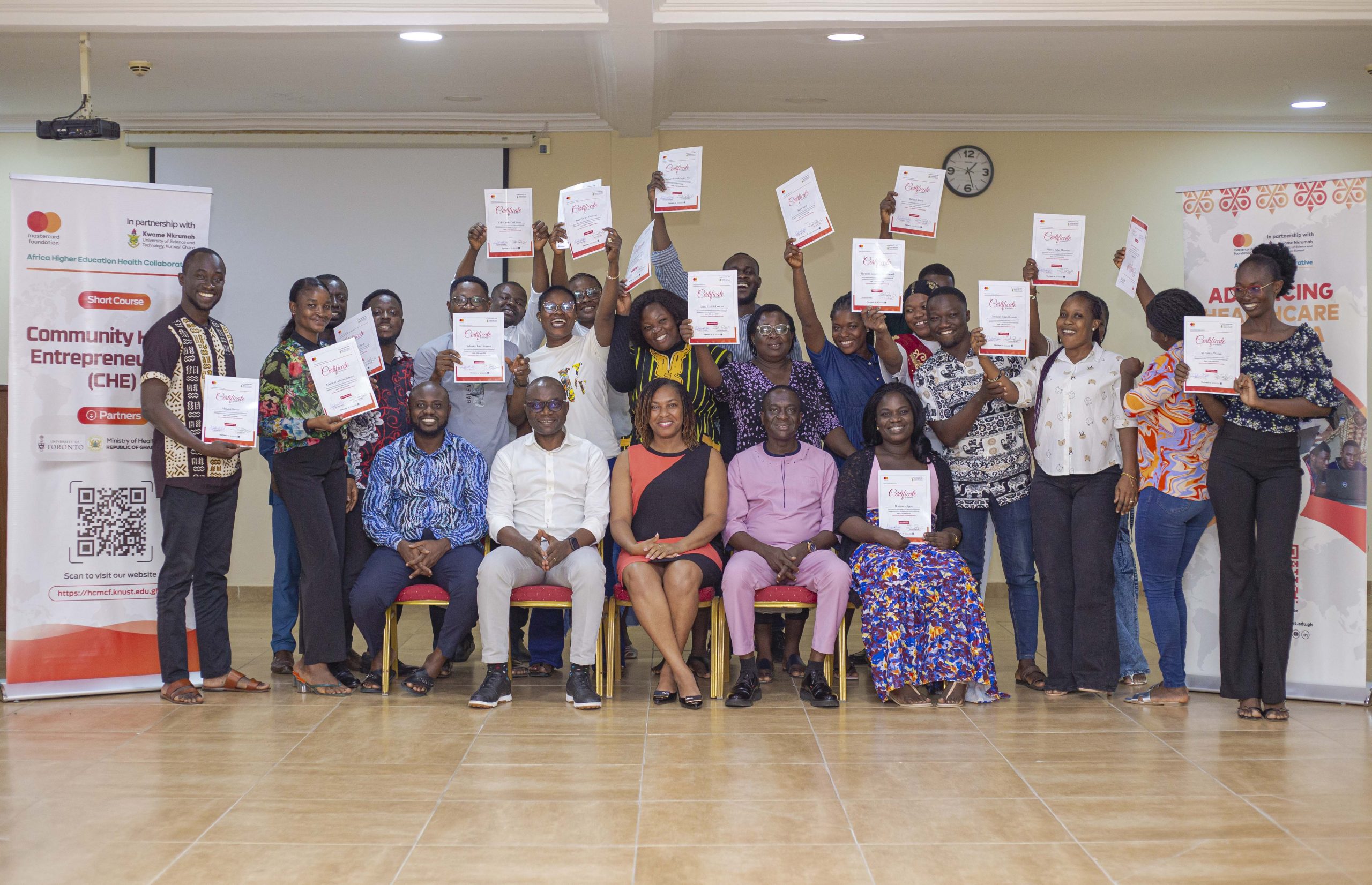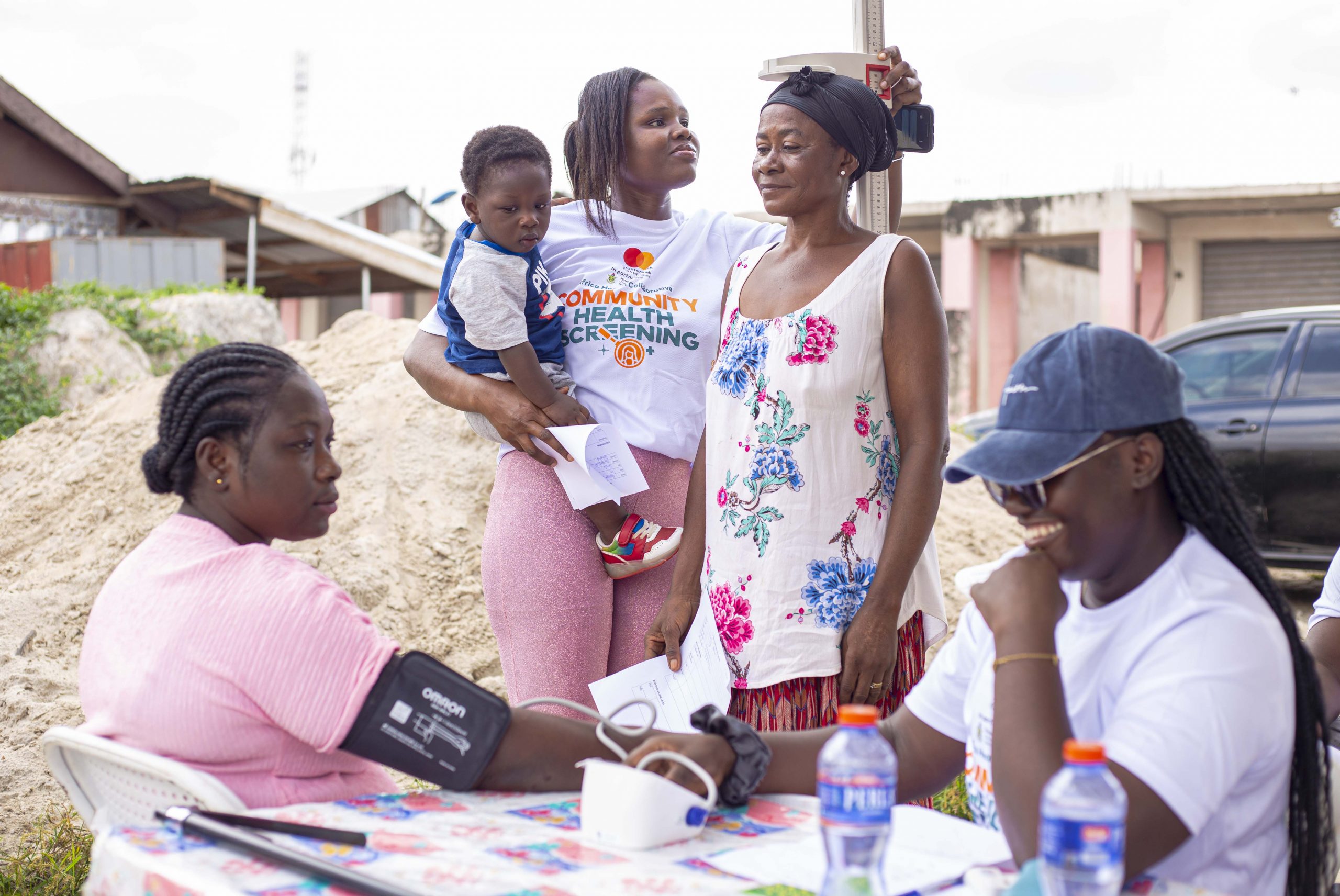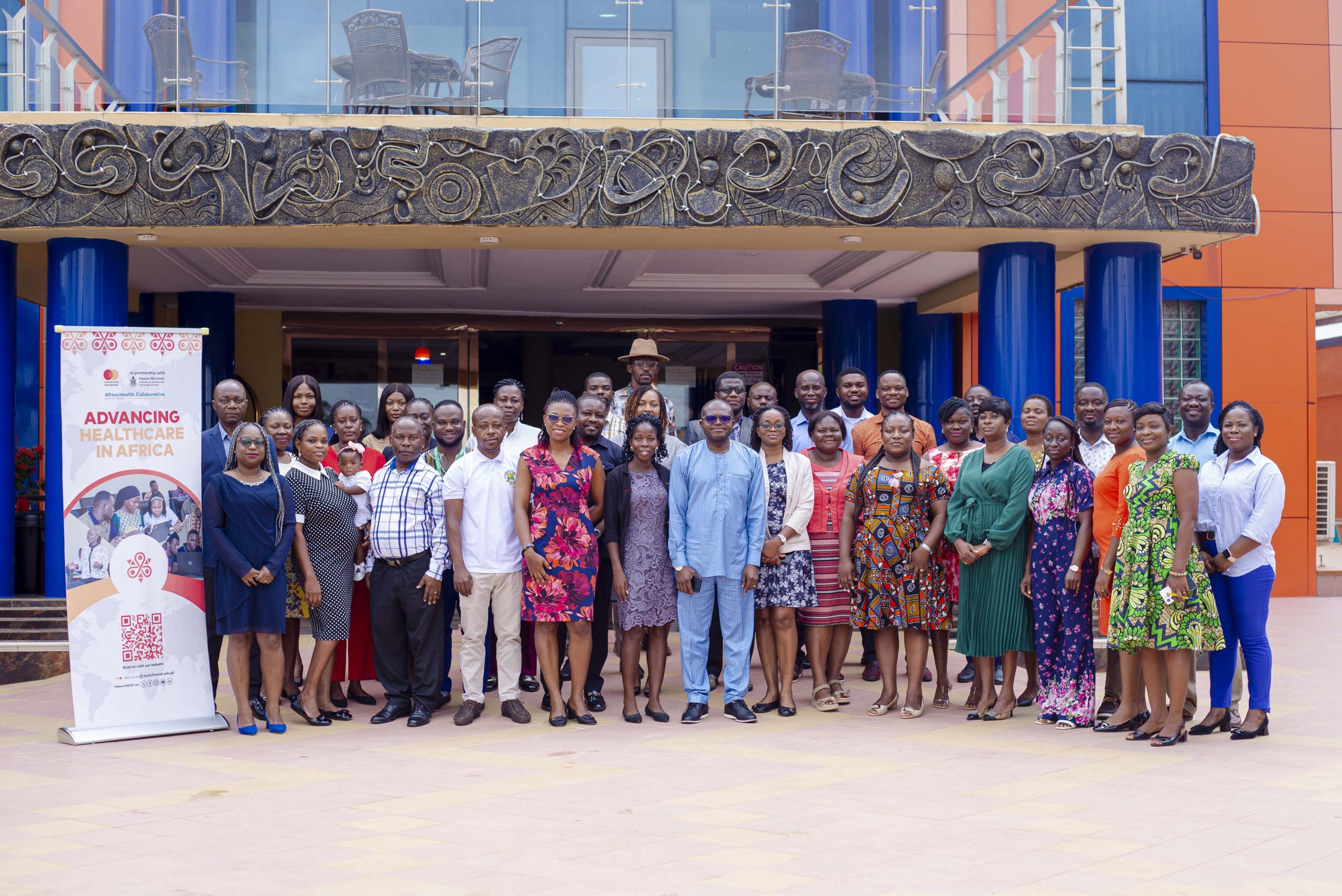The Akropong Government Polyclinic in the Ashanti Region of Ghana has recorded zero deaths from Sickle Cell Disease after establishing a specialized clinic.
Dr. Serwaa Adubofour, Clinical Care Coordinator at the Akropong Government Polyclinic, had just returned from her annual leave. She thought she might ease back into work, but was immediately called by a nurse to attend to a 21-year-old sickle cell patient who had just been resuscitated after cardiac arrest.
“I went through her documents and realized she was being treated for acute chest syndrome and wasn’t doing well. There was severe respiratory distress at that point,†she recalled.
The patient’s father, Baba Moro, only learned of his child’s condition after having three more children, all of whom also suffer from the disease.
Baba, a truck driver, was unable to handle the physical and financial demands and had to quit his job to care for his children.
“I had to quit my job to attend to them. Initially, I didn’t know what it was. I thought it was something spiritual,†he said.
Baba, however, is not alone. Akropong is a peri-urban community where most of the residents are farmers. Many attribute Sickle Cell Disease to spiritual causes.
As a result, the Akropong Polyclinic recorded high rates of admissions and mortalities related to the disease. At least two children lost their lives every month.
Dr. Adubofour continued, “They came in a bad state, and nothing could be done for them. In a month, we could have five or six children suffering from anemia who required blood transfusions.â€
Power of a shared vision
As Clinical Care Coordinator, Dr. Serwaa Adubofour was motivated to apply for the Strategic Leadership workshop organized by Africa Health Collaborative in partnership with Mastercard Foundation in April 2024.
The concept of a shared vision resonated with Serwaa as she navigated the coursework.
“When I returned, I was equipped with a lot of knowledge, especially about shared vision-how you could share your vision to form a learning organization, identify your current situation, and a host of other things I learned. I was motivated and energized to start something for my community and organization,†she said.
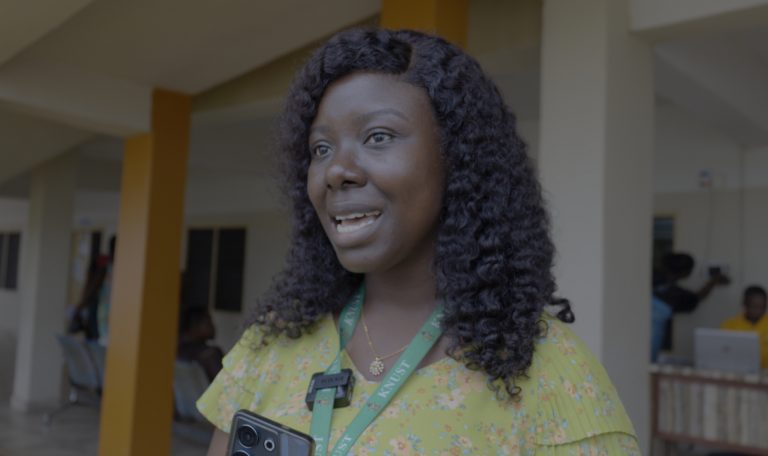
Sickle Cell Clinic
Serwaa teamed up with the medical superintendent, a pediatric nurse, a laboratory technician, and a pharmacist to invite consultant pediatrician Dr. Lawrence Osei-Tutu from the Komfo Anokye Teaching Hospital for a workshop.
“He took us through sickle cell disease, updated our knowledge on it, and showed us how to start a clinic. After the training, we identified our target patients and purchased an analyzer to screen them. We started screening every child who came in with anemia, and what stood out were G6PD deficiency and sickle cell,†she explained.
They concluded, “This confirmed our hypothesis that the anemia cases weren’t caused by spiritual reasons, as many parents had believed.â€
However, the newly acquired ward wasn’t child-friendly, so the team acquired cots and redesigned the space.
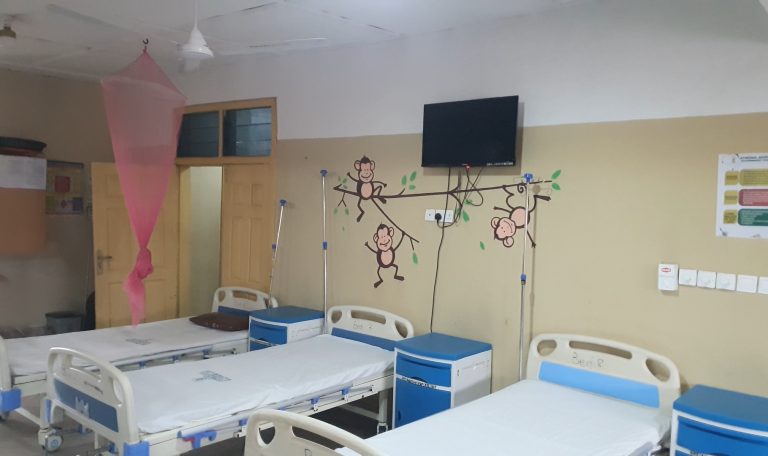
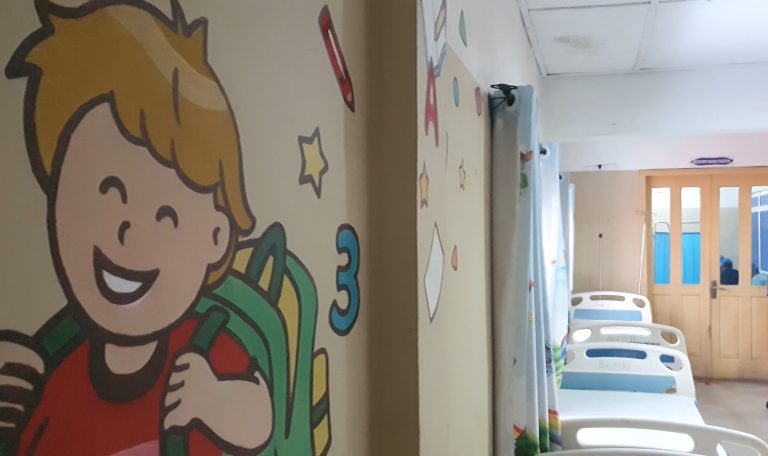
Child Care Fund supports Baba and others
The clinic has registered 58 members so far, and none has required a blood transfusion since.
“We started with 10 cases, but we now have over 50. About a third of them are on hydroxyurea. Getting the drug is expensive, so we’re in the process of securing full accreditation to dispense it under the NHIS (National Health Insurance Scheme),†said Medical Superintendent Dr. Opoku Osei Tutu.
Despite this success, another challenge arose.
Dr. Serwaa explained, “We realized that there was a problem. Sometimes, patients stayed for longer periods and couldn’t afford basic needs. Staff members had to come together to assist them.â€
To address this, the team set up the Child Care Fund and have been soliciting funds to sustain the initiative. Two families, including Baba’s, have benefited from this fund.
“Every month, I receive 800 cedis to take care of my children,†Baba confirmed.
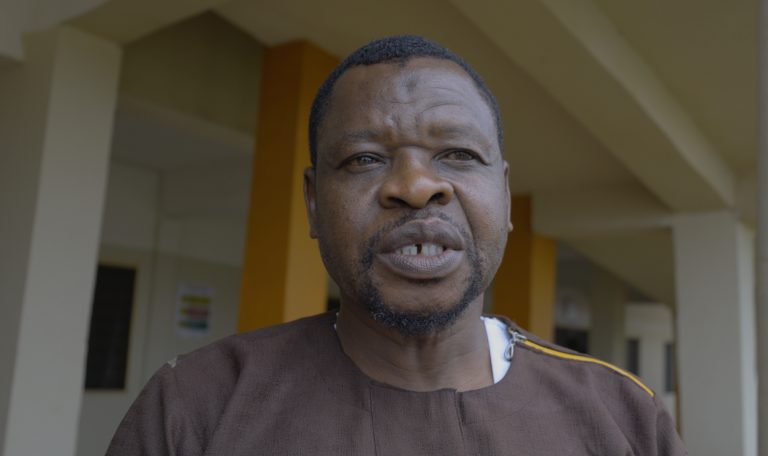
Thanks in part to this initiative, the hospital won the overall Best Polyclinic award in the 2024 Peer Review by the Ghana Health Service, Ashanti Region.
